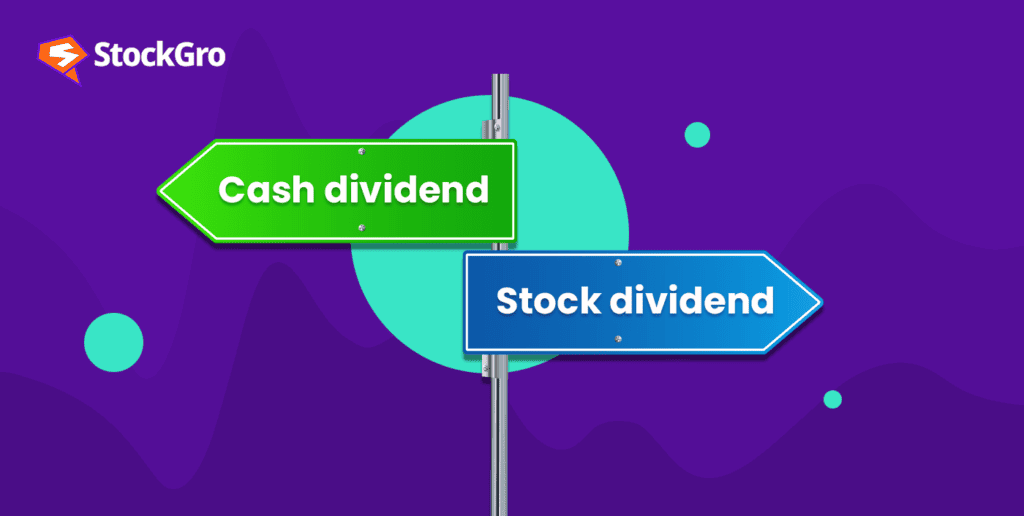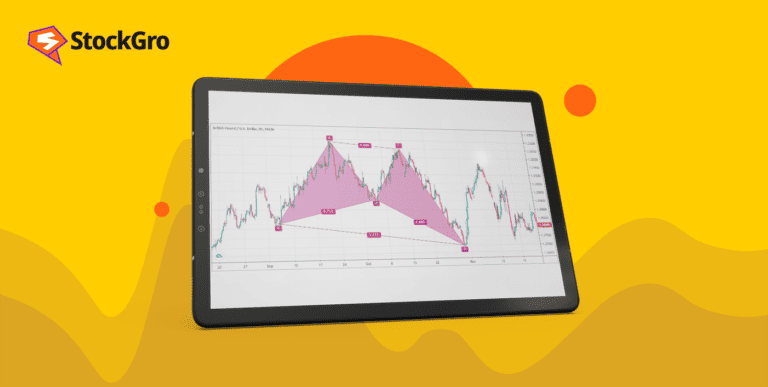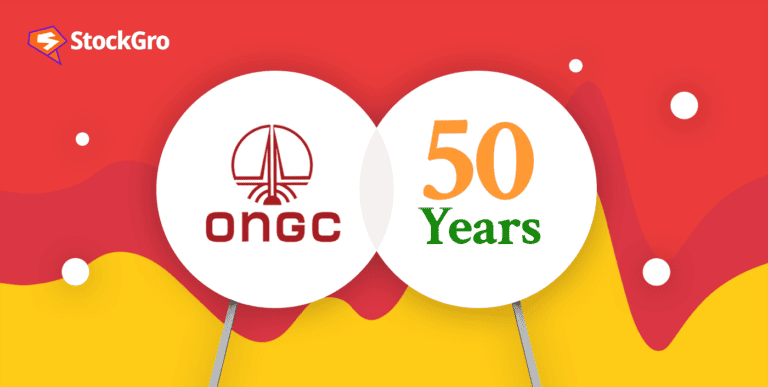
Why do investors invest in stocks of companies? One reason is capital appreciation. But that is not it. Another reason as appealing as capital appreciation is receiving dividends regularly.
Investors become part owners of companies by buying stocks. This means they will not just be entitled to share their views through voting rights but will also be eligible to get a share in the company’s profits.
Companies have two prominent ways of sharing profits with investors – through cash dividends and stock dividends. In today’s article, let’s go through the two ways of paying dividends, along with their pros and cons.
What is a dividend?
Dividend is the periodic distribution of returns earned by companies to shareholders. It is usually calculated as a percentage of profits and paid at regular intervals – quarterly, half-yearly or annually. It acts as a reward to shareholders for investing their funds in the company.
The amount of dividend depends on the management’s decisions and shareholders’ voting. The management may decide not to pay dividends when the firm has not earned enough profits or when the profits earned must be invested back into the business.
Also read: A guide to stock dividend
What is a cash dividend?
A cash dividend, as the name suggests, is a dividend paid out in cash. It could either be physical cash or electronic cash (Cheque/bank transfer). Companies use profits to pay out cash dividends. So, they give up on the opportunity to reinvest profits back for business expansion.
Despite that, companies pay dividends because it increases the reputation and goodwill of the brand. It also rewards investors and helps attract new investors.
Advantages of a cash dividend
- Cash dividend acts as additional income for investors. It is one of the main attractions for investors to invest in the stock market despite all the risk it carries. It also allows investors to maintain liquidity and use those funds for personal requirements.
- Regular cash dividend payouts reward shareholders and increase their loyalty towards companies. Existing shareholders may choose to reinvest dividends or bring in larger investments when they receive dividends regularly.
- Paying cash dividends attracts new investors towards companies. The increased demand will have an impact on the company’s share prices.
- A company paying regular dividends in cash indicates that the firm is cash-rich and is performing well. This acts as a boost to the firm and may result in increased share prices.
Disadvantages of a cash dividend
- Paying cash dividends creates an opportunity cost for the company. The firm has to give up on the opportunity of reinvestment, which may have fueled growth.
- Paying dividends in the form of cash may exert undue pressure on the company to arrange for finances when in need. Companies may rely on debt and other options to meet financial commitments, leading to increased costs.
- Paying dividends for one period may set expectations among investors and the public that the company will continue to pay them. Non-payment in upcoming periods may reflect negatively on the company’s image.
- From the investor’s perspective, despite the benefit of earning regular income, they must pay taxes, which brings down the value of their earnings.
- Sometimes, paying dividends affects the stock prices of companies. It is noticed that stop prices drop at times after paying dividends. It may be because the company’s profits are reduced, which impacts the new investors.
What is a stock dividend?
A stock dividend is also called bonus shares. As the name suggests, stock dividend refers to paying out dividends in the form of stocks. This is where companies retain cash and give additional shares to investors as returns for their investments.
These shares are issued as a bonus to existing shareholders for free. The management usually determines a ratio in which bonus shares will be distributed. A bonus ratio of 5:1 indicates that existing shareholders will receive five additional shares as dividends for every share held.
Also read: Everything you need to know about the issuance of bonus shares
Bonus issues or stock dividends do not impact the firm’s market capitalisation because the share price will reduce in the same proportion as the bonus issue.
For example, a company has 1,000 shares of ₹100 each and has a market capitalisation of ₹1,00,000. It announces a 1:1 bonus issue. So, the number of shares will now be 2,000, and the price per share will go down to ₹50 (100/2). The market capitalisation remains at ₹1,00,000.
Companies use the stock dividend option when they do not have sufficient cash to pay cash dividends to shareholders. It is also helpful when companies plan to reinvest cash, back into the business.
Advantages of a stock dividend
- Issuing stock dividends helps companies retain their cash and use it on better options that promote growth.
- Stock dividends are beneficial for investors as they do not invite tax obligations, allowing investors to enjoy the entire value of their earnings.
- Stock dividends give investors additional shares at no cost. Though it does not increase their wealth instantly, they may reap the benefits of capital appreciation when shares perform well in the market.
- Stock dividends increase the quantity of shares, improving the stock’s liquidity in the market. High liquidity is a significant factor that influences investment decisions.
Disadvantages of a stock dividend
- Receiving dividends through stocks takes the opportunity of cash liquidity from investors. Those investors who plan to use their cash dividends for personal requirements may be disappointed with stock dividends as they do not increase their wealth instantly.
- There is no guarantee that stocks will perform well in the market. If their prices go down, investors lose the value of their wealth despite receiving additional shares for free. Cash dividends may feel better in such instances as wealth increase is assured.
- Issuing bonus shares means giving additional shares, thereby increasing the existing investor’s shareholding in the company. This may require the management to compromise further on the company’s ownership.
Cash dividend vs stock dividend
| Cash dividends | Stock dividends |
| Dividends paid from the company’s profit in the form of cash | Dividends paid in the form of bonus shares at no additional cost to existing shareholders |
| Paid when the company has sufficient cash reserves | Paid when companies are short of cash or want to reinvest cash back in the business |
| Imposes tax liability on investors | Investors do not pay taxes on stock dividends |
| Suitable for short-term investors | Suitable for long-term investors |
Bottomline
Dividend payouts are one of the primary reasons for investors to choose stock market investments. While some people invest in stock markets for capital appreciation, others invest to earn dividends as an additional source of income.
Paying dividends through cash works well for companies when they have sufficient reserves and do not have plans of investing the entire profit into the firm’s growth. Conversely, in cases where companies want to reinvest profits back into the business, the concept of stock dividend works better.
Both forms of dividends offer certain benefits and limitations to investors and companies. It is suggested that investors assess the dividend track record of companies before deciding to invest.
Also read:Dividend Rate vs. Dividend Yield

